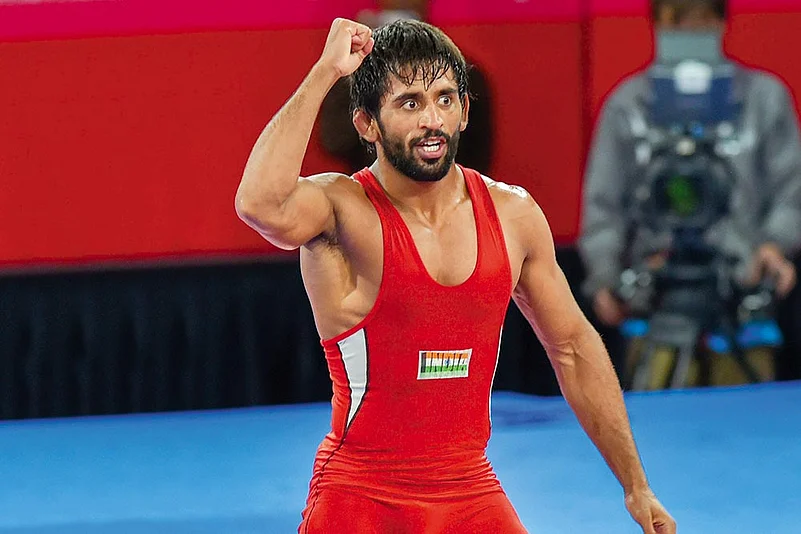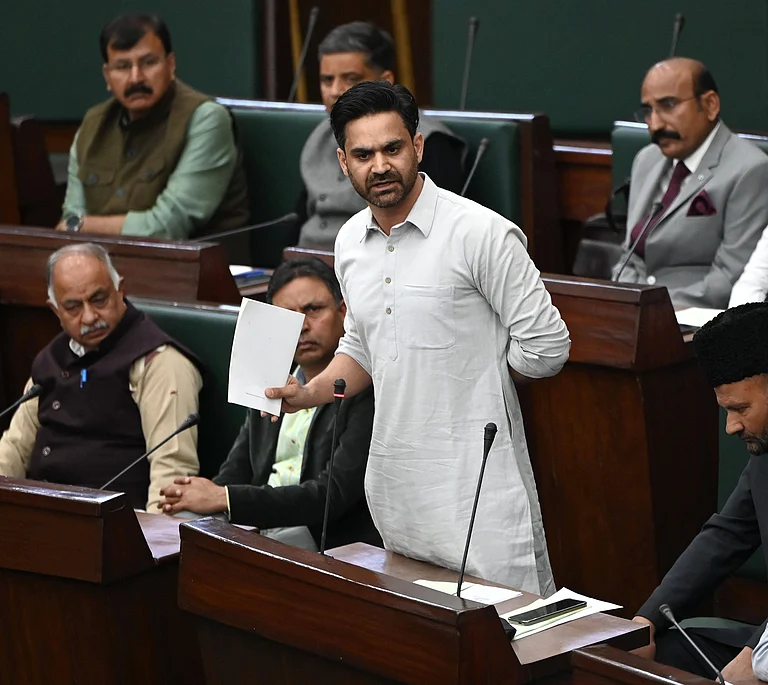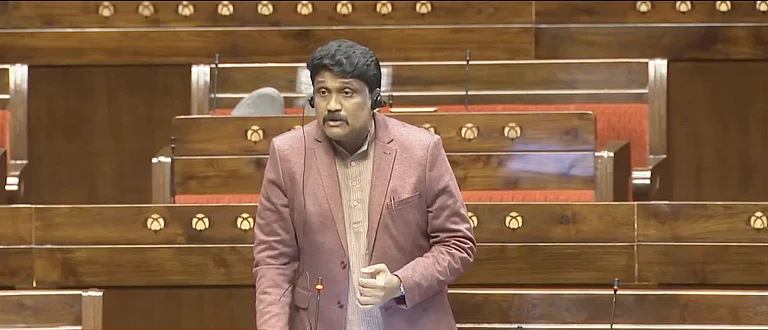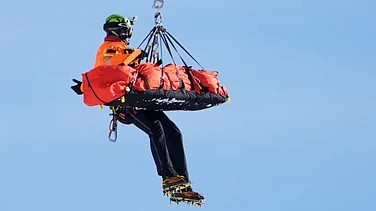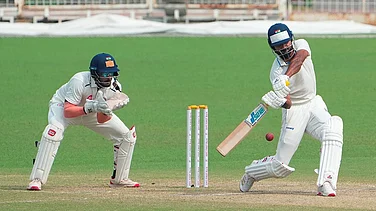When it comes to sports, India is fortunate that its athletes find a way to overcome the impediments that its officialdom throws in their paths—whole areas fraught with politics and unprofessionalism. If India is winning medals at the Asian Games, it has been possible in spite of official bungling, due to athletes’ own talent, resilience and steely determination. The government does provide facilities and exposure, but it’s a mite compared to the odds athletes face.
Many of the stories of the Games medal winners so far, and those who may or may not win, are tales of victories carved through adversity.
Bajrang Punia
Financial compulsions forced his father, a decent wrestler, to give up the sport and turn to farming in a bid to sustain his family. But Balwan Singh Punia still cherished a dream and decided to live it through his youngest son. Bajrang lived up to his expectations and won gold medal in 65kg freestyle at the 2018 Commonwealth Games. Then, on August 19, he emulated the golden feat at the Asian Games—the first gold for India in Jakarta.
Read Also: Asian Games: Rumble In The Dangal
At five-foot-five, Bajrang is a virtual pocket dynamite. His success graph has been shooting up since 2014, when he won three silver medals, all in the 61kg category, at the Incheon Asian Games, the Glasgow Commonwealth Games and the Senior Asian Wrestling Championships in Astana. After back pain laid him low for eight months in 2015, he roared back to win the 65kg gold at the Commonwealth Championships in Singapore in 2016. Last year was particularly fruitful—Bajrang grabbed the 65kg gold medal at the Senior Asian Championships in New Delhi, the Indoor Asian Games in Ashgabat, Turkmenistan and at the Commonwealth Championships in Johannesburg.
Bajrang, now coached by Yogeshwar Dutt, is aiming higher after opening India’s gold account at the Asiad. “It’s my dream to win gold at the 2020 Olympics, as no Indian has done that,” he tells Outlook. Vinod Kumar, who groomed Bajrang during his stint as chief national coach between 2010 and 2016, says of his former protege: “He defends well when on ground [when the opponent is on top] and standing. He’s one of the medal contenders in Tokyo.” Current chief India coach Jagminder Singh outlines Bajrang’s strong points: “Stamina has been the strongest point of his game. He wrestles with speed from the beginning, surprising opponents”.
Dad Balwan’s ambitions were thwarted due to hard, existential reasons. After his son started winning and earning, life has become more comfortable for the Punia family. “We bought a readymade house in Sonepat. I owned a Scorpio car earlier, but a few months ago I purchased a Toyota Fortuner [which costs well over Rs 25 lakh],” Bajrang informs. “I’ll try to put in my best effort in Indonesia. But I cannot obviously guarantee a medal because all my opponents will be strong, as Asian wrestling standards have gone up considerably,” Bajrang had said before leaving for Indonesia. Since he came on tops in 65kg, it shows he has not only kept pace with the times, but has marched ahead of his rivals.






